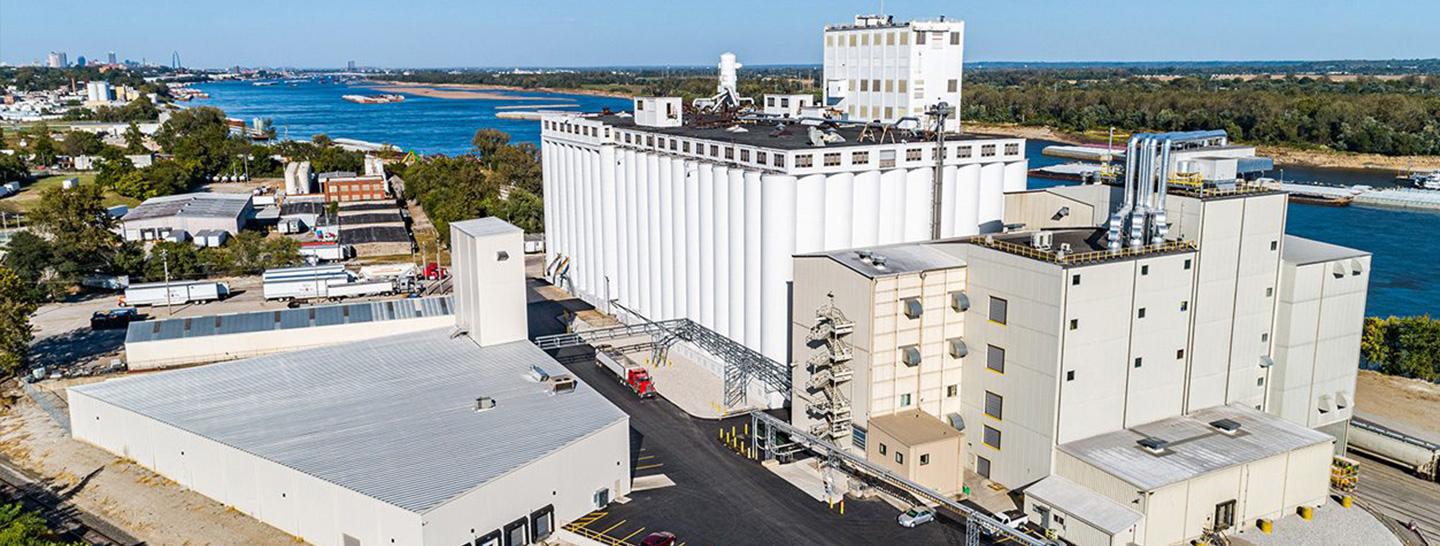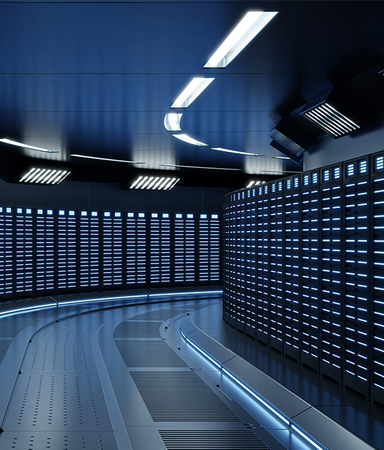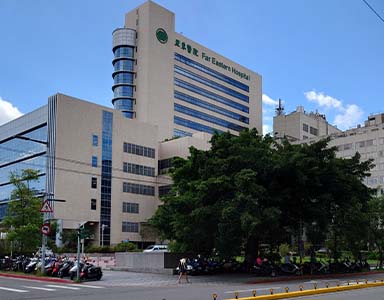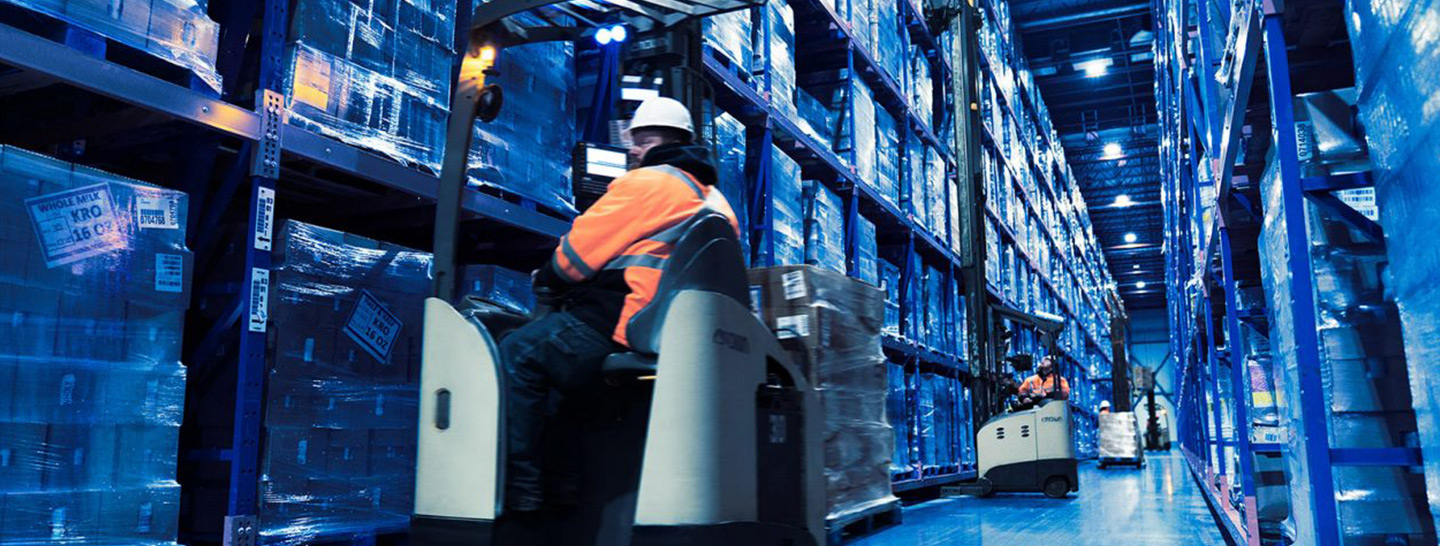This Italgrani USA case study is based on a project developed in Enel X North America.
Italgrani USA
Italgrani USA is the largest semolina and durum flour miller in North America—the company buys durum wheat from across the continent and brings it to St. Louis, where it’s milled to produce semolina flour, an ingredient in high-quality pasta.” The company also operates grain elevator services in North Dakota and full-service grain merchandising in Minnesota.




